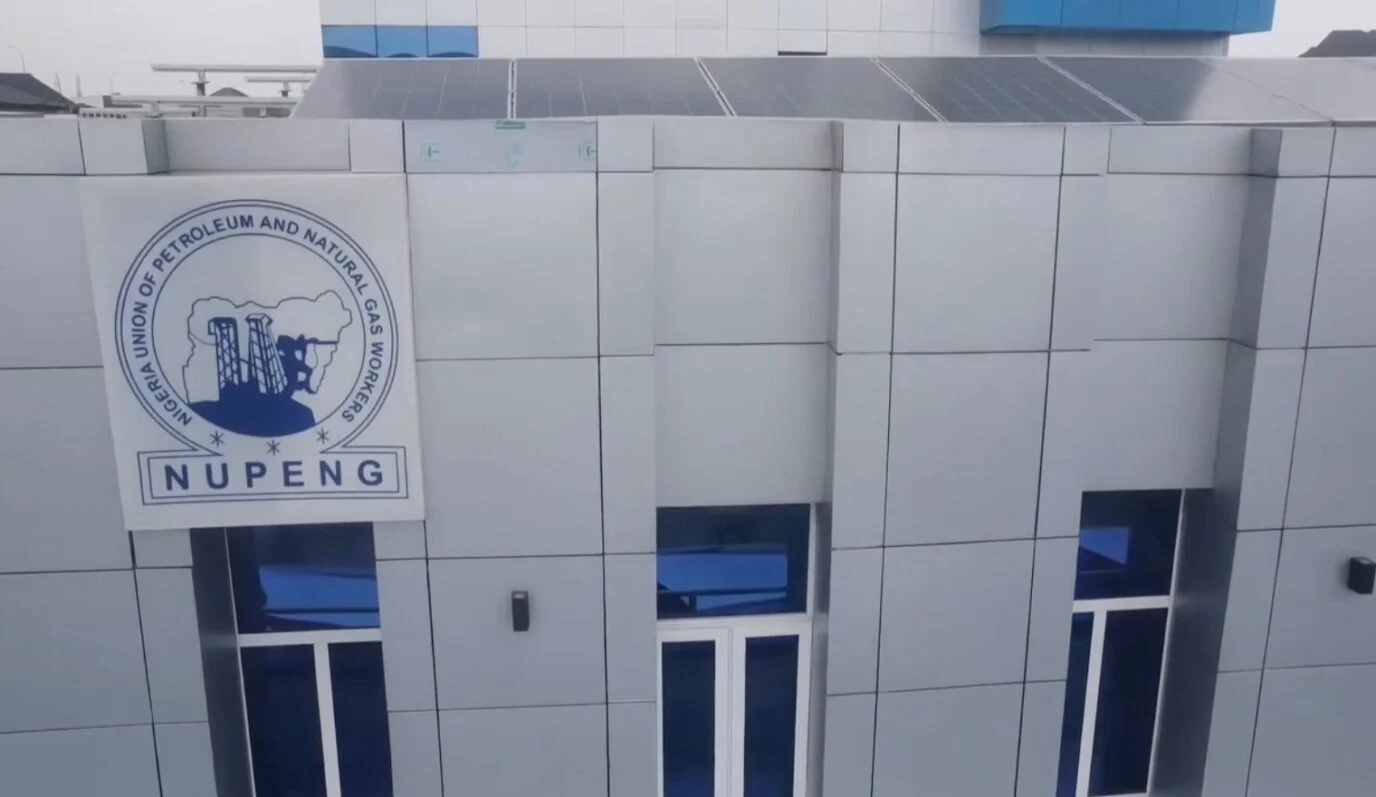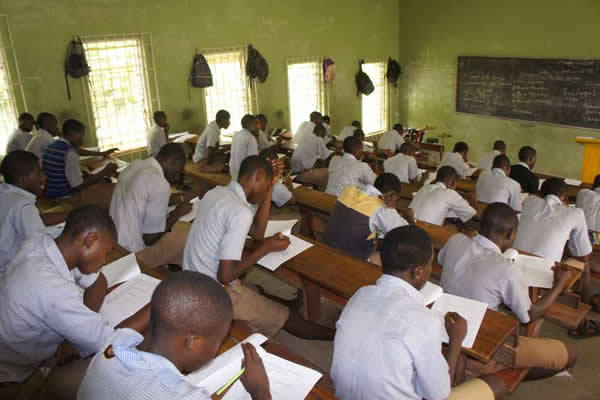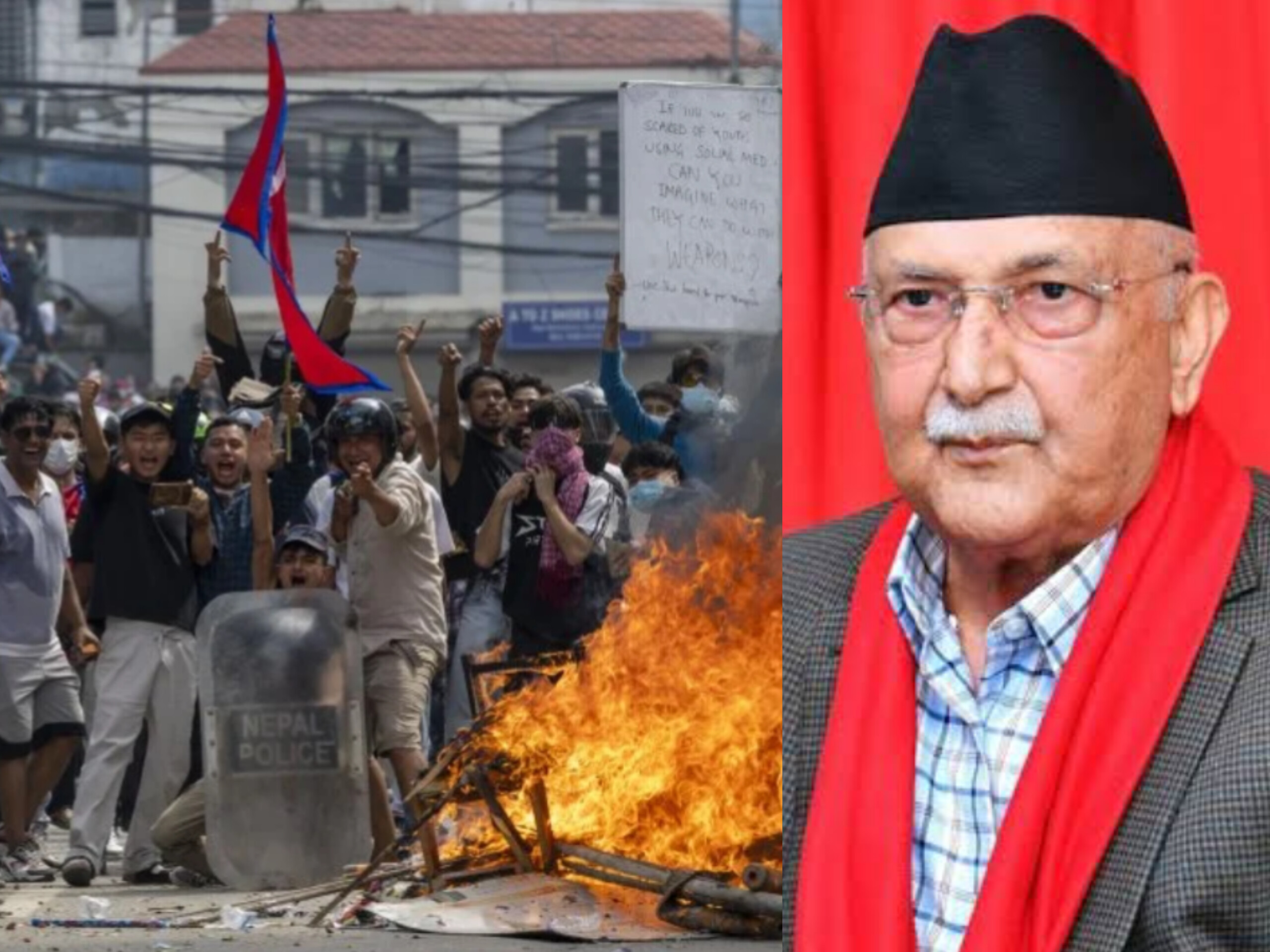BIG STORY
EXPOSED: Lawyers Caught Writing Exams For Law School Students, DG Alleges.
-
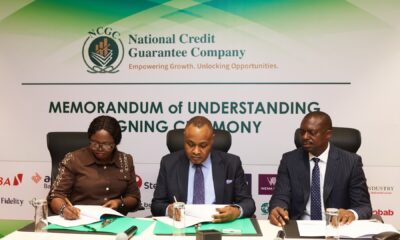
 BIG STORY5 days ago
BIG STORY5 days agoNational Credit Guarantee Company, Financial Institutions Sign Landmark MoU To Expand Credit Access For Youth And Women-Led Enterprises [PHOTOS]
-
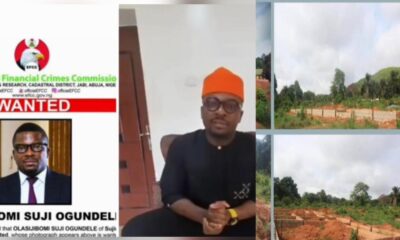
 BIG STORY4 days ago
BIG STORY4 days agoIgnore Sujimoto’s Crocodile Tears, He Scammed Us N5.7bn And We’re Recovering Every Penny — Enugu Government
-

 BIG STORY1 day ago
BIG STORY1 day agoBREAKING: Presidency Confirms Sack Of Tinubu’s Aide Fegho Umunubo, Warns Nigerians Not To Interface With Him
-

 BIG STORY3 days ago
BIG STORY3 days agoBREAKING: Ibrahim Shatta Loses Son Few Days After Peju Ogunmola Lost Only Son
-
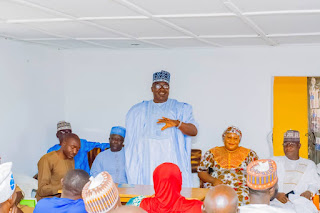
 BIG STORY3 days ago
BIG STORY3 days agoEx-Commissioner Jude Dakur Announces Plateau Governorship Bid Under APC, Gets Party Stakeholders’ Backing [PHOTOS]
-

 BIG STORY12 hours ago
BIG STORY12 hours agoEFCC Grills Sujimoto CEO Over N5.7b ‘Contract Fraud’, Passport Seized, Accounts Frozen
-
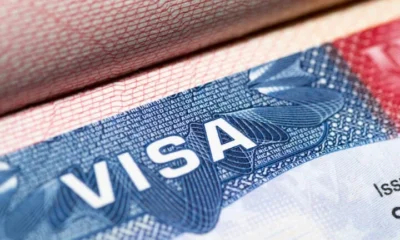
 BIG STORY1 day ago
BIG STORY1 day agoUS Restricts Visa Interviews To Applicants’ Country Of Nationality, Residence
-
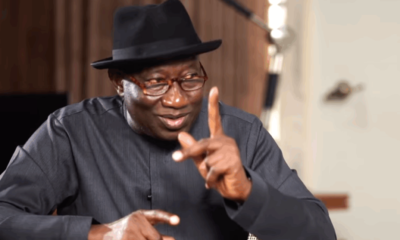
 BIG STORY4 days ago
BIG STORY4 days agoNigeria Politics Is About Betrayal – I Witnessed It In 2015 — Goodluck Jonathan
















